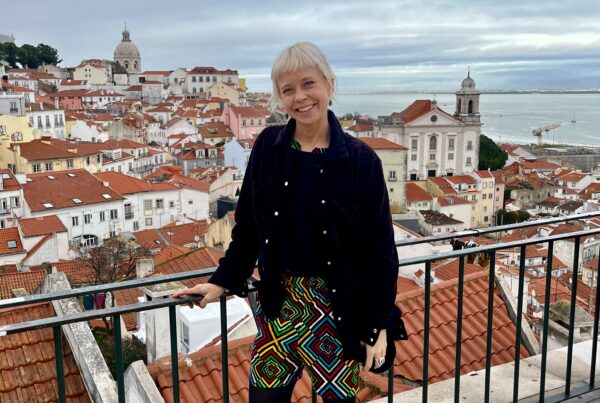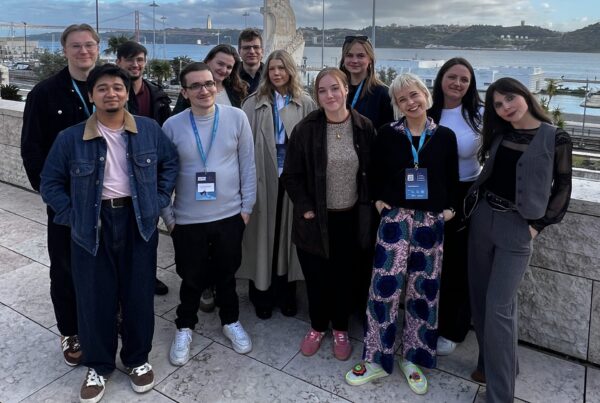
Survivance and Survival
29 January-2 February 2024 | University of Tartu, Tarrtu
Is this for you?
This Winter School is organised in collaboration with the University of Tartu and has as its core values inclusion, diversity, accessibility, tolerance, and collaboration. As such, the key focus of the Winter School will be on minority rights, languages, heritage, etc., and various related activities, behaviours, and institutions. This ranges from art and culture, to heritage and preservation, to persecution or participation in politics, policymaking, etc. The programme will range quite considerably among these areas, and anyone with something to add about the various aims and listed interests below is welcome to apply. However, bear in mind that the selection process is competitive, but all of our events are fostered with an interdisciplinary spirit in mind, and hence, as long as you can make a strong case for the relevance of your research/potential contribution, we are open to candidates from most academic backgrounds. Please see below for the constraints though.
Affiliation: We welcome applications only from master’s and doctoral students from within the Europaeum network, and especially from those who wish to present a 10-minute presentation, though this is not necessary, as everyone will be asked to contribute to the discussions. Participants will be given pre-event reading materials and participate in lively discussions during the event.
The topic of survival has occupied public imagination in different formats for centuries. We obsess about the survival of the fittest, the survival of species, languages and even the planet itself. In this winter school we pit the discussion of survival against the notion of survivance, proposed by the Anishinaabe writer Gerald Vizenor. Vizenor stresses the importance of not resorting to defeatist imagery of absence, tragedy, and powerlessness and, instead, seeking for dynamic, inventive, and enduring practices that allows us to envision a future. Survivance brings together the ideas of survival and resistance to encourage agency and creativity in response to the manifold threats we face today. Humanities, especially, can help societies imagine strategies and methods of survivance, through different cultural practices, linguistic strategies and critical vocabularies.
Among other things, we plan to explore different cultural scenarios of survivance and survival: utopias and dystopias, literary futures, contrafactual histories and practices of counter-memory across the ages. If we can imagine possible futures, we can also call them into existence. Under all strands, we want to call attention to creative practice as a mode of furthering agency and generating social change. Guest speakers will include Professor Julia Sallabank (SOAS) on reviving endangered languages and Dr Magdalena Zolka (JYU) on memory politics.
How to apply
Please read the full details in the Guidance for Applicants page before applying. You will need to submit the following documents – all in English – to applications@europaeum.org by the deadline: Sunday, 22 October 23:59.
- a short CV (2 pages)
- a 1-page letter of motivation introducing themselves, explaining their interest in the topic, and detailing what they feel they can bring to the workshop.
- reference
- a 200 word abstract for a short (10 min) presentation addressing some aspect of survivance-survival as detailed in the call.
- a Europaeum application form
Queries
The Guidance for Applicants page should answer most queries. If not, Michael or Milan at office@europaeum.org will be happy to help.
Deadline
You will need to submit your application by Sunday, 22 October 23:59.



